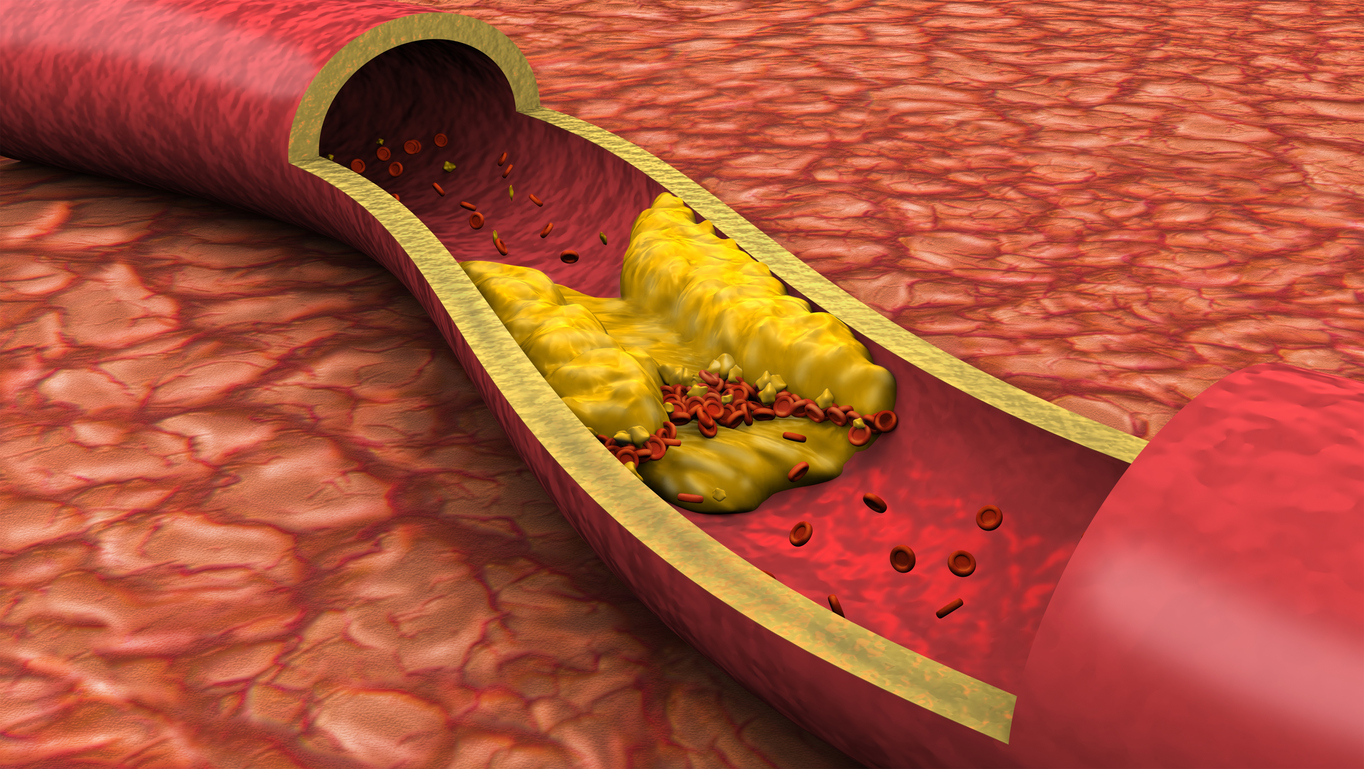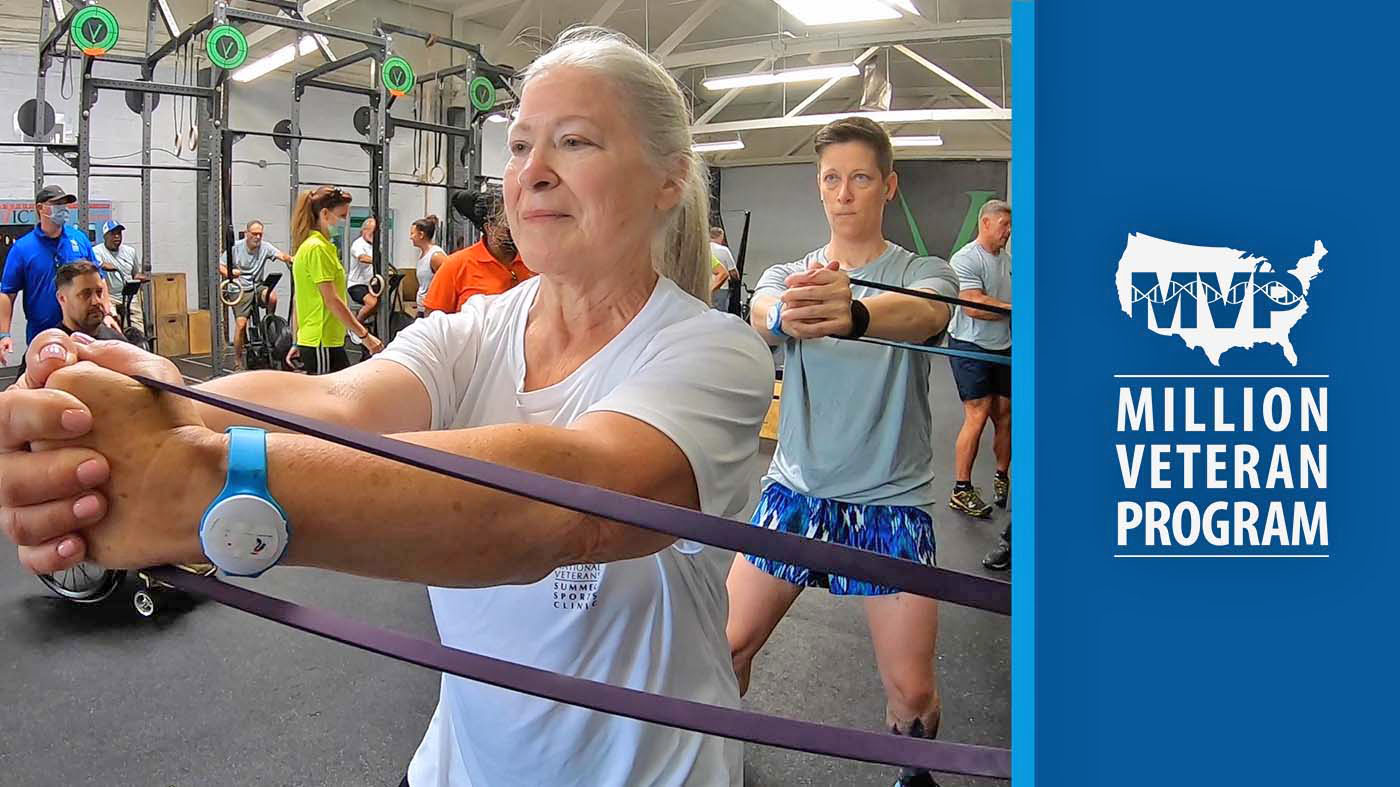- Which is the good cholesterol: LDL or HDL?
- Can you have too much cholesterol and feel just fine?
- Which should you avoid: trans fat or saturated fat?
- Should you eat more vegetables or more whole grains?
Sorry. No answers to the quiz on this page but you will find the answers here.
And that’s the point – this is important enough to your health that you should look for – and know – the answers to these questions. They could save your life.
On that page, you will find out what you can do to prevent or control high cholesterol.
And some very important facts, like this:
Cholesterol is a fat-like material that provides structure for your body’s cells. Your liver makes most of the cholesterol your body needs, but you also get some from the foods you eat.
Too much cholesterol can cause a sticky substance (plaque) to build up in your blood vessels. This plaque can block blood vessels and cause heart attacks and strokes.
I feel fine…
OK, here’s the answer to question number two:
Most people with high cholesterol feel healthy and don’t have symptoms. The only way to know if you have high cholesterol is to have your cholesterol checked.
When did you have your last physical?
What else can you do?
Always ask your provider what your cholesterol numbers are and write them down. Keep track with the log at the MyHealtheVet website: http://www.myhealth.va.gov.
Your provider may prescribe medicine to help lower your cholesterol.
- Take your medicine every day, or as directed by your provider.
- If your cholesterol numbers get lower, it’s because your medicine is working. Don’t stop it or take a lower dose unless your provider says you should.
Here are some questions to ask your provider:
- Is my cholesterol under good control?
- When should I have my cholesterol next checked?
- What is a healthy weight for me?
- Is it safe for me to start doing regular physical activity?
For more information, please contact your local VA Medical Center or Health Clinic.
https://www.prevention.va.gov/Preventing_Diseases/High_Cholesterol.asp
Follow a healthy eating plan.
- Read food labels and limit foods high in saturated fat, trans fat, and cholesterol.
- Eat plenty of fruits, vegetables, low-fat dairy foods, and whole grains.
- Ask to see a registered dietitian if you need help with a plan.
Be physically active.
- “Physical activity” includes any activity that raises your heart rate, such as brisk walking, working in the house or yard, or playing sports.
- Do activity for 10 minutes or more at a time. Aim for at least 2 hours and 30 minutes of activity each week.
Achieve and maintain a healthy weight.
If you are overweight, ask your provider for help with an eating and physical activity plan to lose weight
Topics in this story
More Stories
Navy Veteran and president of the American Medical Association got a colonoscopy and encourages other Veterans to do the same.
Chicago Vet Center and VA gave women Veterans information on VA services available to them.
MVP’s research informs personalized care for Veterans, supporting whole health and beyond.







How come Veteran Medical Center don’t hired a Cosmetic Dentistry Dentist knows how to put G4 implants
We need a prophylactic treatment in order to clear the plaque buildup in our arteries…..
My wife put us on a Whole Food Plant Based Diet with no added oils about six years ago. She was able to resolve her Type 2 diabetes and go off metformin. Her cholesterol remained high which is unusual for this diet. Her specialist upped her statin dosage and now she has it down to below 150. My cholesterol is 155 and my weight is down to just below 170 from 213. This isn’t initially an easy diet for the average person to switch over to but its a lot easier that being extremely sick and overweight. So many I see during my yearly VA checkup are obviously so sick and overweight from a bad diet, I am totally surprised that the VA doesn’t address diet with the science based WFPB plan advocated by Drs Esseltine, Colin Campell, and others. Its certainly less expensive to the individual and to us tax payers who fund the VA and other health care services in the US.